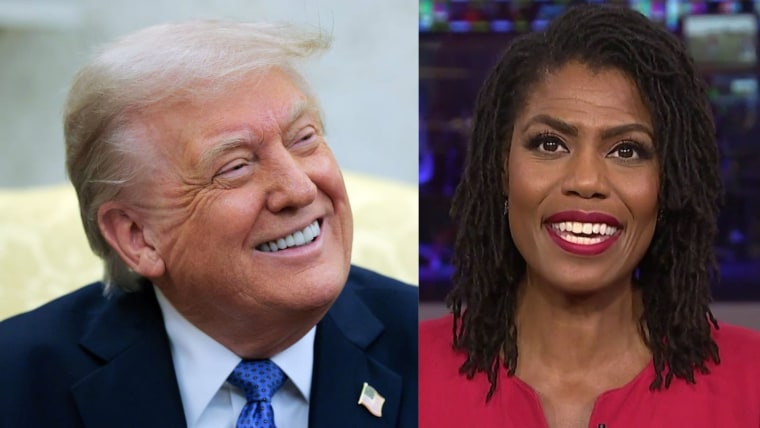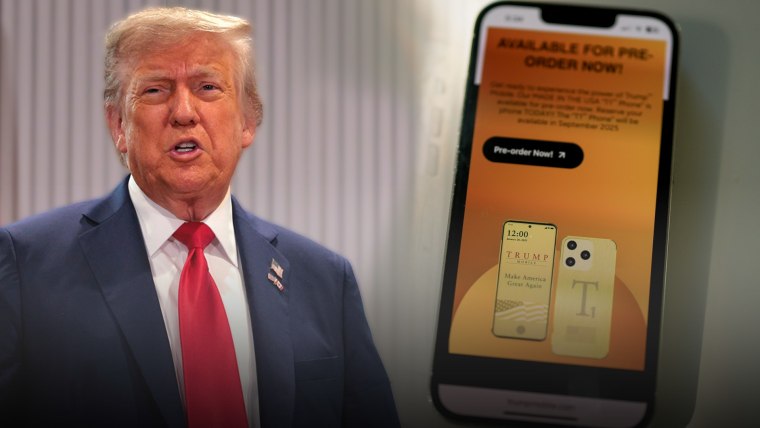The Senate just handed the crypto industry the legitimacy it’s been craving for years.
With help from 18 Democrats, Senate Republicans passed the GENIUS Act this week, the first major piece of crypto legislation in U.S. history. The bill now heads to the House.
In theory, the legislation would establish the first regulatory framework for issuers of stablecoins, which are cryptocurrencies pegged to assets such as the U.S. dollar. But in practice, it opens the floodgates to corruption and financial collapse.
The bill reads more like a wish list from crypto lobbyists than a serious attempt at oversight. It would create a framework without teeth, with no real limits on who could issue stablecoins and no stringent requirements to prove issuers have the assets to secure them.
Sen. Elizabeth Warren called the legislation “a giveaway to big tech.”
In May, Sen. Elizabeth Warren, D-Mass., called the legislation “a giveaway to big tech” that would “supercharge the profitability of Donald Trump’s crypto corruption.” And she’s not wrong.
We’ve grown all too comfortable with Republicans in Congress supporting this kind of ill-considered gift to Trump and his allies.
But why did Democrats — members of the party of economic fairness and transparency — get behind this? It could all comes down to three words: Follow the money.
In the 2024 election cycle, crypto interests poured more than $200 million into campaigns mostly funneled through the Fairshake PAC, with more than half coming directly from heavyweights Coinbase and Ripple.
They were not subtle about their intentions. They wanted to shape how Washington would regulate crypto.
Sen. Ruben Gallego of Arizona, a lead Democratic negotiator for the GENIUS Act, received thousands in direct donations from crypto executives and a $10 million boost from Fairshake. Same for first-term Sen. Elissa Slotkin of Michigan. Crypto-funded ads also helped to remove sitting members — just ask former Sen. Sherrod Brown of Ohio. Crypto groups spent $40 million to oppose Brown, who was ultimately defeated by Republican Bernie Moreno.

The ads that helped take Brown down were not about crypto but were rather kitchen-table messaging crafted to appeal to disillusioned swing voters. It worked. And it sent a chilling message: Resist crypto and we’ll take you out.
To be clear, crypto is not inherently bad, but right now it is the Wild Wild West, and that is a problem.
Cryptocurrency has become a favored tool of bad actors around the world. Terrorist groups have used it to move money outside the traditional banking system. Drug cartels and human traffickers rely on it to mask financial transactions. Ransomware gangs from North Korea to Eastern Europe have demanded billions in payments in crypto, often untraceable and unrecoverable.
According to a report by the FBI, losses due to crypto fraud totaled $5.6 billion in 2024.
That is exactly why the Biden administration initially approached crypto with caution. Not to stifle innovation but to protect consumers, national security and the financial system from abuse. It called for tighter “Know Your Customer” rules, pushed back on crypto’s being used as a shadow banking system and emphasized the risks of unregulated digital assets’ fueling everything from tax evasion to illicit finance.
But now under the second Trump administration, the posture has changed, and it is no accident.
Trump was not always a crypto cheerleader. In 2019, he dismissed it as “based on thin air” and “not money.” But now, Trump is quietly building a crypto empire of his own. He recently hosted a private dinner with top investors in a Trump-themed meme coin and is profiting through his family stake in World Liberty Financial, a company that launched its own stablecoin, USD1.
The president of the United States is now profiting off the very industry his administration is regulating, unchecked and seemingly untouchable. Unlike members of Congress, who are now barred from personally profiting off stablecoin investments, the president and his family face no such restrictions.
Crypto groups are grading members of Congress the way the NRA scores gun votes.
Meanwhile, crypto groups such as Stand With Crypto are grading members of Congress the way the National Rifle Association scores gun votes. They have not endorsed candidates yet, but make no mistake: They are laying the groundwork.
The House is crafting its own version of the bill called the STABLE Act, and Trump says he wants something on his desk before the August recess.
So what is at stake? This is not just about digital currency. This is about power — who holds it, who pays for it and who gets to write the rules. If we learned anything from the housing crash or the rise of Big Tech monopolies, when regulations are written by the regulated, the public will certainly lose.
For more thought-provoking insights from Michael Steele, Alicia Menendez and Symone Sanders-Townsend, watch “The Weeknight” every Monday-Friday at 7 p.m. ET on MSNBC.

